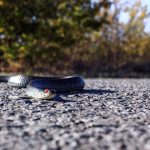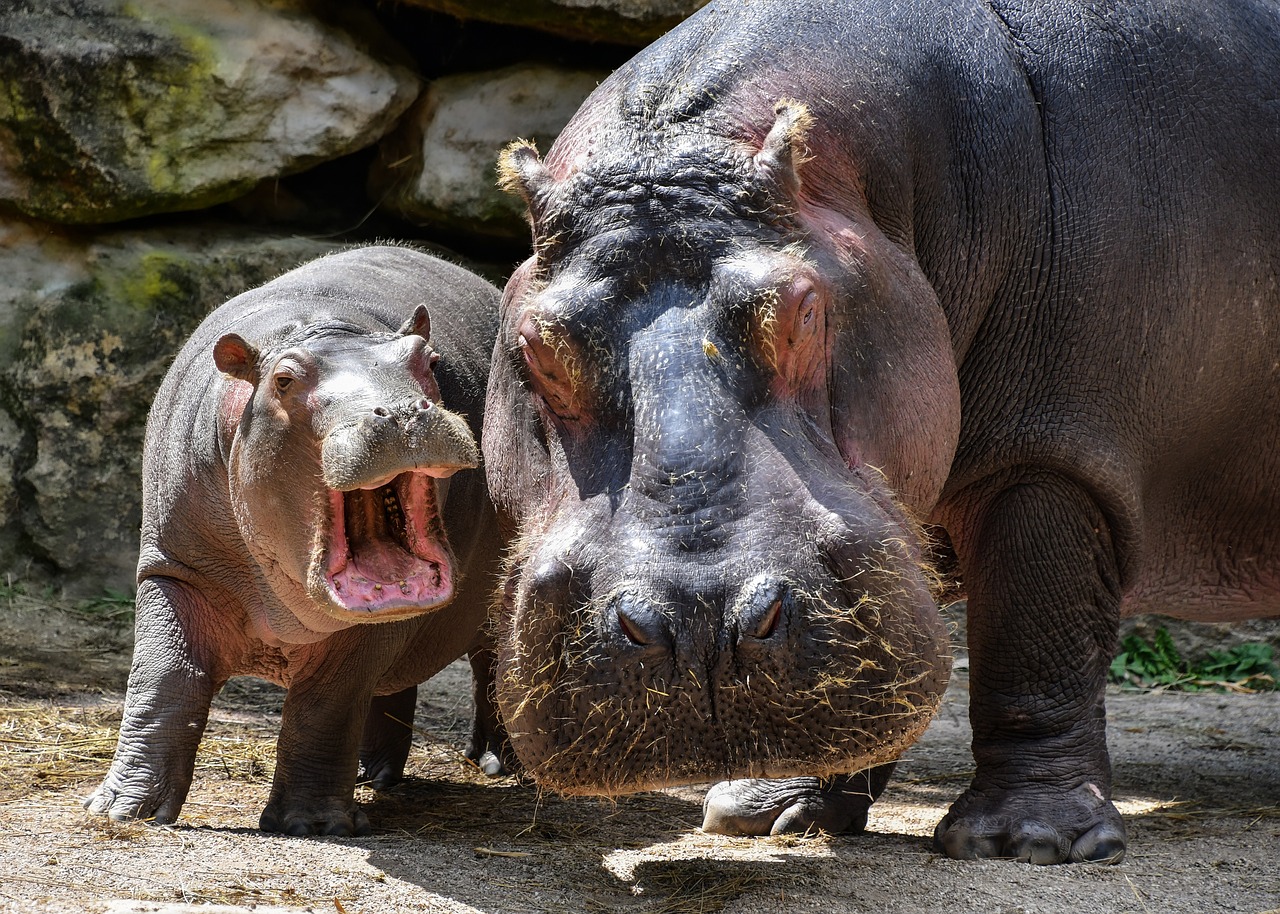Colombia is grappling with an unprecedented ecological challenge as a result of a legacy left behind by the notorious drug lord, Pablo Escobar. A colony of hippos, once owned by Escobar, has multiplied and become an invasive species in the country, posing a threat to local wildlife and communities. Faced with this crisis, Colombian authorities have devised a three-pronged plan to tackle the issue, involving sterilization, relocation, and culling of the animals.
Sterilization Efforts Begin
In a bid to control the burgeoning hippopotamus population, the Colombian Minister of Environment, Susana Muhamad, announced the initiation of the first stage of the management plan. By the end of the year, around twenty male hippos will undergo sterilization. This step is crucial to prevent further reproduction and curb the population growth.
A Race Against Time
If left unchecked, experts warn that the hippopotamus population could reach a thousand by 2035. Such a scenario would have dire consequences for Colombia’s fragile ecosystems, leading to an imbalance in the local fauna and flora.
Controversies Surrounding Sterilization
While sterilization is considered an effective method to control wildlife populations, it is not without controversy. Animal welfare organizations highlight the potential suffering caused by the procedure and express concerns about the safety of veterinarians involved. The delicate balance between reducing the hippo population and ensuring the well-being of the animals remains a challenge for the Colombian authorities.
Culling as a Last Resort
To prevent further ecological damage, a portion of the hippopotamus population will be culled. However, no precise figures have been released at this stage. The decision to euthanize the animals is a difficult one, but it is seen as a necessary step to mitigate the environmental impact caused by their presence.
International Relocation Efforts
In addition to sterilization and culling, some of the hippos will be relocated to other countries willing to accommodate them. Mexico, India, and the Philippines have expressed their readiness to host these animals. This international collaboration aims to find suitable habitats for the hippos while minimizing their impact on Colombia’s ecosystems.
A Looming Threat to Local Wildlife
The hippos, currently roaming freely in the province of Antioquia in northern Colombia, form the largest population of hippos outside of Africa. Their presence has already led to grave incidents, including attacks on fishermen along the rivers and an intrusion into a schoolyard. Biologists also warn that the local wildlife, particularly the endangered manatees, may be displaced by the hippos, further exacerbating the ecological imbalance.
Escobar’s Unprecedented Act
Pablo Escobar introduced these hippos illegally into his private zoo, located a hundred kilometers from Medellín, in the 1980s. In the years following Escobar’s death in 1993, the hippos bred uncontrollably in the region, characterized by rivers, swamps, and marshes, which provide an ideal habitat for these colossal mammals.
Conclusion
Colombia finds itself confronted with the consequences of a dark chapter in its history. Escobar’s hippos, once an extravagant display of power, have turned into an ecological crisis. The Colombian government’s multi-faceted approach, involving sterilization, relocation, and culling, is an attempt to mitigate the environmental damage caused by these invasive animals. However, it poses ethical and logistical challenges that require careful deliberation. The legacy of Pablo Escobar continues to haunt Colombia, serving as a stark reminder of the unintended consequences of human actions on the natural world.
Source : https://www.bbc.com/news/67306304











